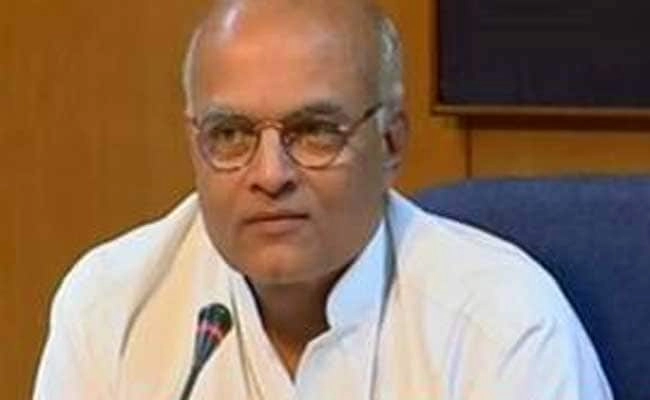In a recent discussion, former diplomat Shivshankar Menon articulated a critical perspective on the 1962 Sino-Indian War, asserting that the conflict was primarily a failure of China’s policy rather than a consequence of India’s non-alignment stance. Menon, who has extensive experience in international relations and diplomacy, emphasized that the war’s outcomes were deeply rooted in China’s strategic decisions and ambitions during that period. This interpretation shifts the focus from India’s diplomatic posture to the broader geopolitical motivations that drove China’s actions in the region.
Menon’s analysis points to the complexities of Sino-Indian relations in the early 1960s, highlighting how China’s assertiveness in territorial claims and its quest for regional dominance led to increased tensions. He argues that the war was not merely a result of India’s efforts to maintain a neutral stance in the Cold War but rather a reflection of China’s aggressive foreign policy. This perspective invites a reevaluation of historical narratives that have often portrayed India as the passive actor in the conflict.
Furthermore, Menon suggests that understanding the 1962 war through the lens of China’s policy failures provides valuable insights into current Sino-Indian dynamics. By examining the motivations and decisions made by China during that era, analysts can better comprehend the ongoing challenges in the bilateral relationship. Menon’s reflections underscore the importance of acknowledging the historical context and the implications of national policies on international relations, particularly in a landscape where geopolitical competition continues to shape alliances and conflicts.
In conclusion, Shivshankar Menon’s examination of the 1962 War serves as a reminder that the intricacies of international relations often extend beyond simplistic interpretations. By focusing on China’s policy decisions rather than solely on India’s non-alignment, he encourages a more nuanced understanding of past conflicts and their lasting impact on present-day diplomacy. Such insights are invaluable for policymakers and scholars alike as they navigate the complexities of contemporary geopolitics, particularly in the context of rising tensions in the Asia-Pacific region.




